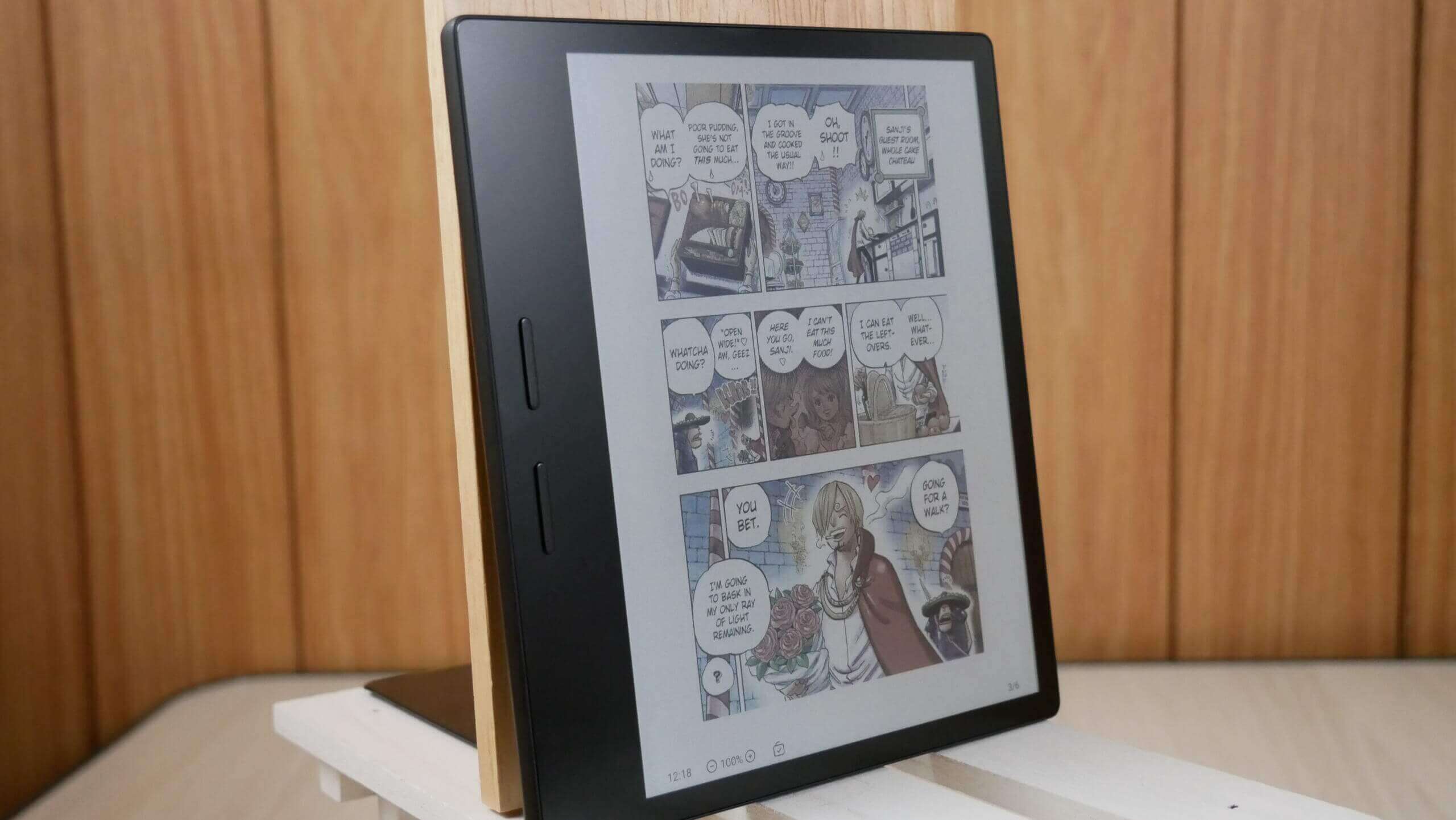The Chinese market is one of the most profitable in the world regarding ebook sales. As of June 2023, the number of people who had read ebooks in China reached around 528 million, and ebook sales are projected to reach a revenue of US$1.96 billion by the end of 2024. The vast majority of people read on their smartphones, the most recent report states that 327 million read books on these devices, but e-readers and e-notes are a growing segment.
There is a vast domestic market in China for selling digital books. One of the leading companies responsible for the boom is China Literature, China’s biggest online literature platform and a subsidiary of Tencent. The company has a 70% share in China’s online literature market, with 9.6 million online works – primarily in the fantasy, palace-fighting, tomb-raiding, conspiracy, romance genres – created by 6.4 million writers to serve an average of 192 million monthly users.
Only a handful of brands exclusively focus on the domestic market and do not branch out for international sales. iFlytek is a partially state-owned Chinese AI firm established in 1999 that produces e-book readers. They sell e-readers and e-notes entirely in Chinese and require a mainland phone number during the setup process, or else it cannot be used. The company has two different ways for customers to purchase books: the iFlytek bookstore and Migu.
iReader is likely the second major player in China; they are also known as Zhangyue. They were founded in 2008 in Beijing, and they operate their bookstore. The company also white-labels their store to a dozen other competitors; they make a lot of money doing this. Their iReader line is famous in China; however, in recent years, they have begun to issue firmware updates for English, and all of their modern devices can be used overseas.
Onyx Boox International is likely China’s most prominent e-reader and e-note retailer. They were founded in 2008 by a team from IBM, Google, and Microsoft. It is headquartered in Guangzhou, and its focus for the first six years was the domestic market. However, they soon started branching out and issuing new English and Google Play devices. They signed a bunch of deals with distributors worldwide and are one of the largest brands in the world.
There are other players in China, too, such as Hanvon, Dasung, Xiaomi, Meebook, Obook, and many other new companies.
How to sell e-readers and e-books in China?
Good e-Reader has talked to most of the most popular brands in the world to understand better how to sell e-readers and e-notes in China. There are a few things that brands need to do to make this happen. The first is supporting several Chinese languages, such as Mandarin and Cantonese. Having a bookstore right on the device, where customers can buy and read books, also has to be available. This is why there is always a Chinese bookstore when many brands implement English on their device and sell it overseas.
If there is no Chinese bookstore on the device, it must have an app store for customers to download ebook-reading apps to install their favourite bookstore. This is a less popular method since it has a higher barrier of entry. Some brands operate their app store with popular apps such as Baidu Read, JD Read, Wechat Reading, Migu, and Tencent.
No e-reader company has a license with Google to have Play on their device since Google does not offer any of its products or services in China. Even if they did, the hardware would fail due to not meeting Google’s requirements. Instead, companies install Play and Play Services and end up spoofing the ID of the e-reader, so it thinks it is a phone. That is why some e-reader companies need you to manually register with a server when it comes out of the box for the first time for the device ID to register and Google Play to become operational; this can take hours to days. In the past few years, companies have ensured that Google Play is operational as soon as the setup process is done to make it easier for users.
Summary
To sum up, most e-readers and e-notes sold in China often have Android as the operating system and usually run their own custom launcher to make the UI and interface the same across all their products. This builds consistency and user trust across entire product lines. Most brands who have Android either block the sideloading of apps directly or, if they do, do not draw attention to it. I have yet to see any Chinese e-reader use Linux as their OS, so Android is the most popular OS due to the extensive developer pool to make changes or upgrades to the Android version in the future.
The brands that sell hardware domestically and internationally are in a better position for success since they can sell their devices anywhere in the world. This includes brands such as Onyx Boox, Meebook, Bigme, and Dasung, who embrace Google Play and provide users with a choice on what apps they want to install and to craft their own experience.
Chinese e-readers marketed overseas are not generally sold in retail, such as stores you can walk into and take a test drive. Most are only sold online through Amazon, Best Buy, Walmart, and Newegg through their 3rd party vendor program. You can also buy them from the Good e-Reader Store; we have distribution agreements with basically every brand we sell, so our prices are lower than elsewhere.
There are more Chinese e-readers and e-notes sold in China or overseas than anywhere else. The industrial design has improved in the past five years, and features have become more robust. Hardware specs are better than their North American counterparts. Chinese companies are leading the charge with colour e-paper, such as Kaleido 3.
There are very few homegrown e-readers in the North American market, where customers can buy them easily and are available at retail stores to try them out or return them. The Amazon Kindle and Barnes and Noble Nook have widespread availability in the United States. Kobo, based in Toronto, Ontario, Canada, is the global number two player behind Amazon. Kobo e-readers are sold in bookstores worldwide, as well as big box retailers.
Remarkable and Pocketbook out of Europe have limited retail visibility, but both have a proven track record of solid hardware and software. They have also carved out a popular niche, while smaller regional companies such as Tolino are sold in bookstores all over Germany and surrounding countries.
Michael Kozlowski is the editor-in-chief at Good e-Reader and has written about audiobooks and e-readers for the past fifteen years. Newspapers and websites such as the CBC, CNET, Engadget, Huffington Post and the New York Times have picked up his articles. He Lives in Vancouver, British Columbia, Canada.

